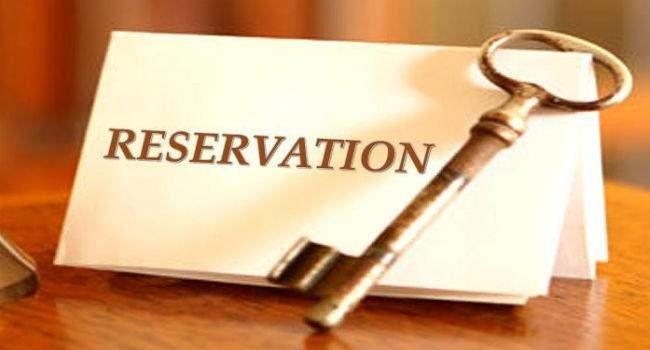What is Reservation System in India?
SHOULD RESERVATION BE BASED ON ECONOMIC STATUS?
INTRODUCTION
The reservation system in India was undertaken to resolve inequality, historic tyranny and discrimination suffered by some communities of the society. The communal awards announced by British Prime Minister Ramsay MacDonald in August 1932 triggered the initial fire.

There was a demand for separate electorates for Dalits, Sikhs, Muslims, Indian Christians, Anglo Indians, and Europeans. The same was opposed by Mahatma Gandhi who declared fast until death in Yerwada jail.
The Poona pact of 1932 was the inception of the quota system introduced in India.
QUOTES
“Respect for all, reward for the worthy, reservation for none.” – Amit Kalantri
“Really talented people don’t get what they deserve, because they are not reserved” – unknown
STATISTICS – What Numbers have to Say?
- Women representation in elected House- 11%
- Educational Institutions Reservation
| Class | Reservation Quota |
| Scheduled Castes(SCs) | 15% |
| Scheduled Tribes(STs) | 7.5% |
| Other Backward Castes(OBC) | 27% |
| Economically Backward Section(EWS) | 10% |
DESCRIPTION – Let’s take a Deep Dive
If we go back into Indian history, even before the colonial period, society was deeply influenced by castes and traditions. Untouchability was a great evil at that time and was deeply rooted in the society. The education facilities, avail of social amenities, occupation, job status, and many other aspects were fixed by birth.
- So the Britishers studied this scenario very well and gave it a legal and constitutional acknowledgment, which turned into today’s caste-based reservations.
- On 24th September 1932, the Poona pact was signed between Mahatma Gandhi and Dr. Babasaheb Ambedkar in order to give separate electorates for depressed classes.
- Even after 1947, initial reservations were provided to uplift these underprivileged social sections (SCs and STs). But, for a certain period, i.e. 10 years – (src: Britannica)
- With time there were few changes, like in 1991, on the recommendation of Mandal Commission, it was extended to the Other Backward Classes(OBC).
Today’s scenario-2019
With the 103rd constitutional amendment, economic backwardness will also be considered as a reservation category for higher education and government employment.
10% reservation to economically weaker sections(EWS), including the general category, will be extended to all. The category almost covers all Indians.
The main purpose of the Reservation in India.
- PROGRESS– Upliftment of socially backward classes to provide quality life.
- SUFFICIENT REPRESENTATION– Adequate representation in various educational institutions, government jobs, and legislature.
FACT– The reservation system doesn’t exist in Armed Forces and Sports.
What are the advantages and disadvantages of the reservation system in India?
Pros of Reservation System in India
- It provides a level playing field for backward sections who were deprived of opportunities in the past. The opportunities linked with education & jobs.
- It lowered the gap between the upper class and lowers class to some extent in terms of equality.
Cons of Reservation System in India
- It is used as the most efficient tool by politicians in elections.
- The benefits are not reaching the deserving people because income certificates can be manipulated through corruption.
- A part of meritorious students from the general category suffer because of insufficient representation.
India vs other countries
- Reservations are not unique to India. Countries like Nepal, Pakistan, Sri Lanka and many more, also have this system.
- Although one will rarely find quotas, affirmative actions have been into implementation in various countries.
- For example, in the US, affirmative actions ensure better opportunities for minorities and women.
Although the existing caste-based reservations create a sense of injustice to meritorious students, poverty cannot be taken as the sole criterion to provide reservations since not everyone discloses their income honestly. So there is an urge to have great transparency in the system by adopting a reservation based on economic status.
CONCLUSION
Initially, the reservations were introduced for 10 years only but it became a political tool for some greedy politicians in order to build their vote banks.
Agreed, reservation can’t remove discrimination completely but it can control caste supremacy and can ensure better opportunities for the underprivileged. On the other hand, this caste-based system can harm the integrity of our society as well system’s efficiency.
No doubt, “SABKA SATH SABKA VIKAS”, is our agenda for the complete development of our country. Also, the underprivileged should be definitely treated equally. But, is the current system is doing justice to all? Do we need to fix it or extend it? It is time to introspect.
Author: Priyanka Mahala
Must Explore



I want gd topic – stubble burning
we cant take off the reservation immediately but the reservation percentage should be reduced day by day so as to justice worthy and also for underprivileged classes.
Corruption is the main barrier for the eradication of inequality.